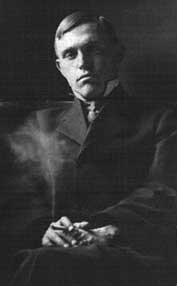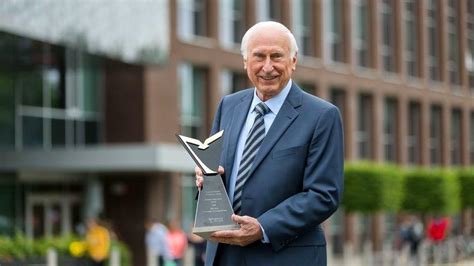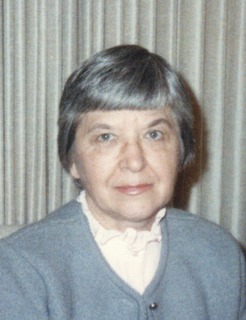A Quote by Mahatma Gandhi
I came to the conclusion long ago . . . that all religions were true, and also that all had some error in them.
Related Quotes
I came to the conclusion long ago that all religions were true and that also that all had some error in them, and while I hold by my own religion, I should hold other religions as dear as Hinduism. So we can only pray, if we were Hindus, not that a Christian should become a Hindu; but our innermost prayer should be that a Hindu should become a better Hindu, a Muslim a better Muslim, and a Christian a better Christian.
All religions, plainly and simply, cannot be true. Some beliefs are false, and we know them to be false. So it does no good to put a halo on the notion of tolerance as if everything could be equally true. To deem all beliefs equally true is sheer nonsense for the simple reason that to deny that statement would also, then, be true. But if the denial of the statement is also true, then all religions are not true.
Symons remarked that the most common and unhelpful illusion plaguing those who came to see him was the idea that they ought somehow, in the normal course of events, to have intuited long before they had finished their degrees, started families, bought houses and risen to the top of law firms - what they should properly be doing with their lives. They were tormented by a residual notion of having through some error or stupidity on their part missed out on their true calling.
Error is a supposition that pleasure and pain, that intelligence, substance, life, are existent in matter. Error is neither Mind nor one of Mind's faculties. Error is the contradiction of Truth. Error is a belief without understanding. Error is unreal because untrue. It is that which stemma to be and is not. If error were true, its truth would be error, and we should have a self-evident absurdity -namely, erroneous truth. Thus we should continue to lose the standard of Truth.
My TV show had been cancelled; nothing else had gone anywhere; some alliances I had made petered out and nothing came of them and I was looking at a long, long year ahead of me in which there was no work on the horizon, the phone wasn't ringing. I had two kids, one of them a brand-new baby, and I didn't know if I would be able to keep my house.
In looking at these pots at the Field Museum, Alix [MacKenzie] and I both came to a conclusion individually but also collectively that the pots that really interested us were the pots that people had used in their everyday life, and we began to think - I mean, whether it was ancient Greece or Africa or Europe or wherever, the pots that people had used in their homes were the ones that excited us.







































